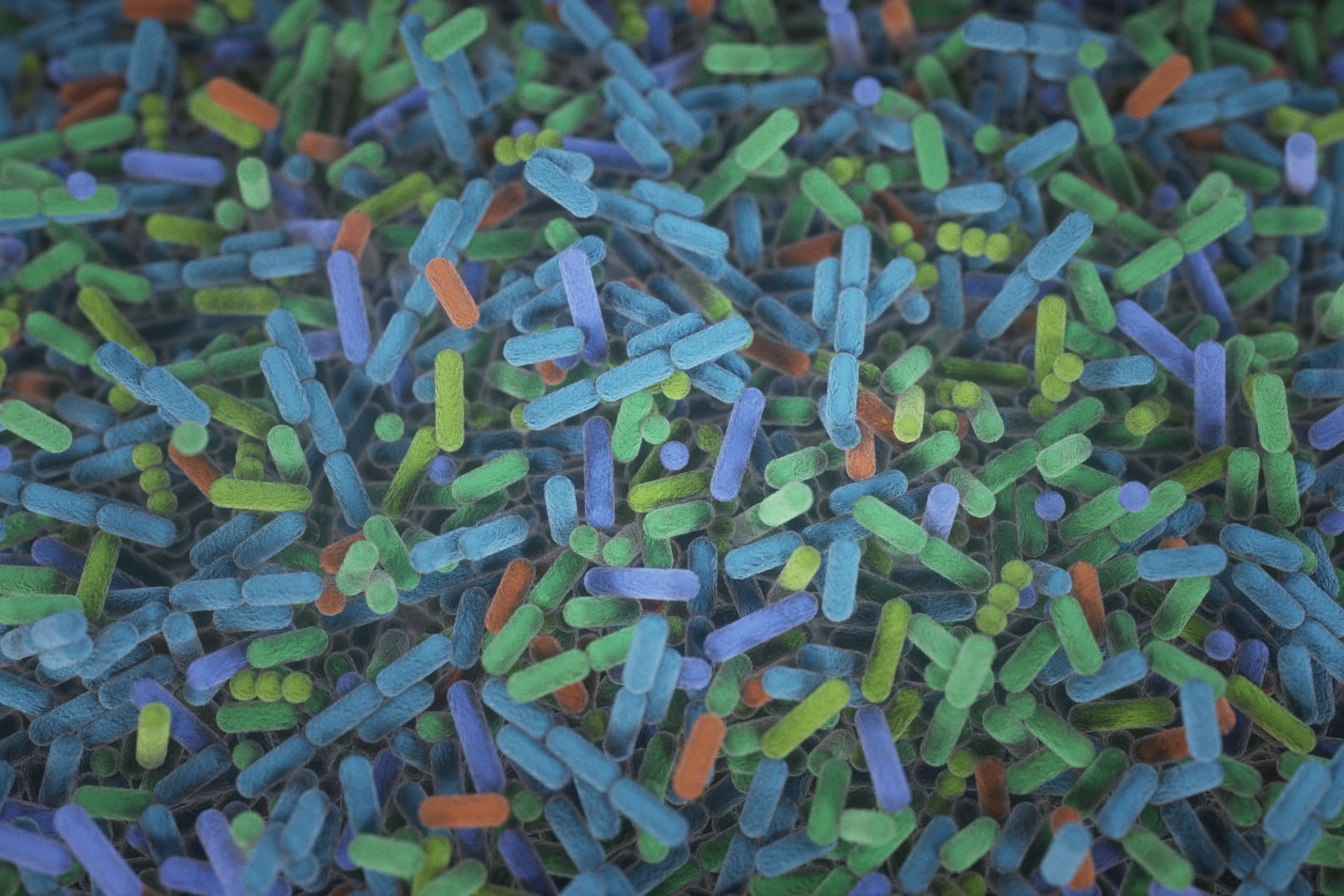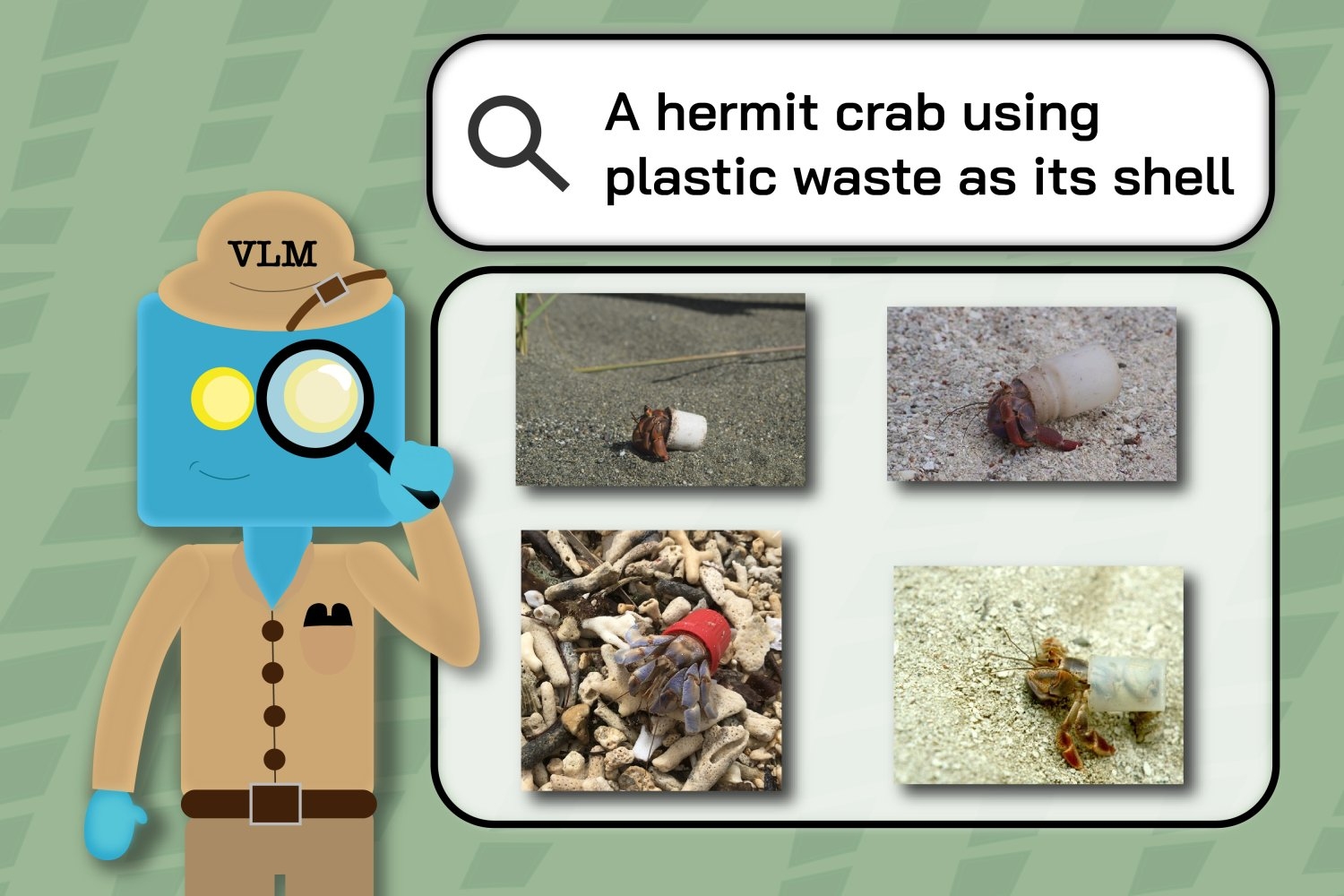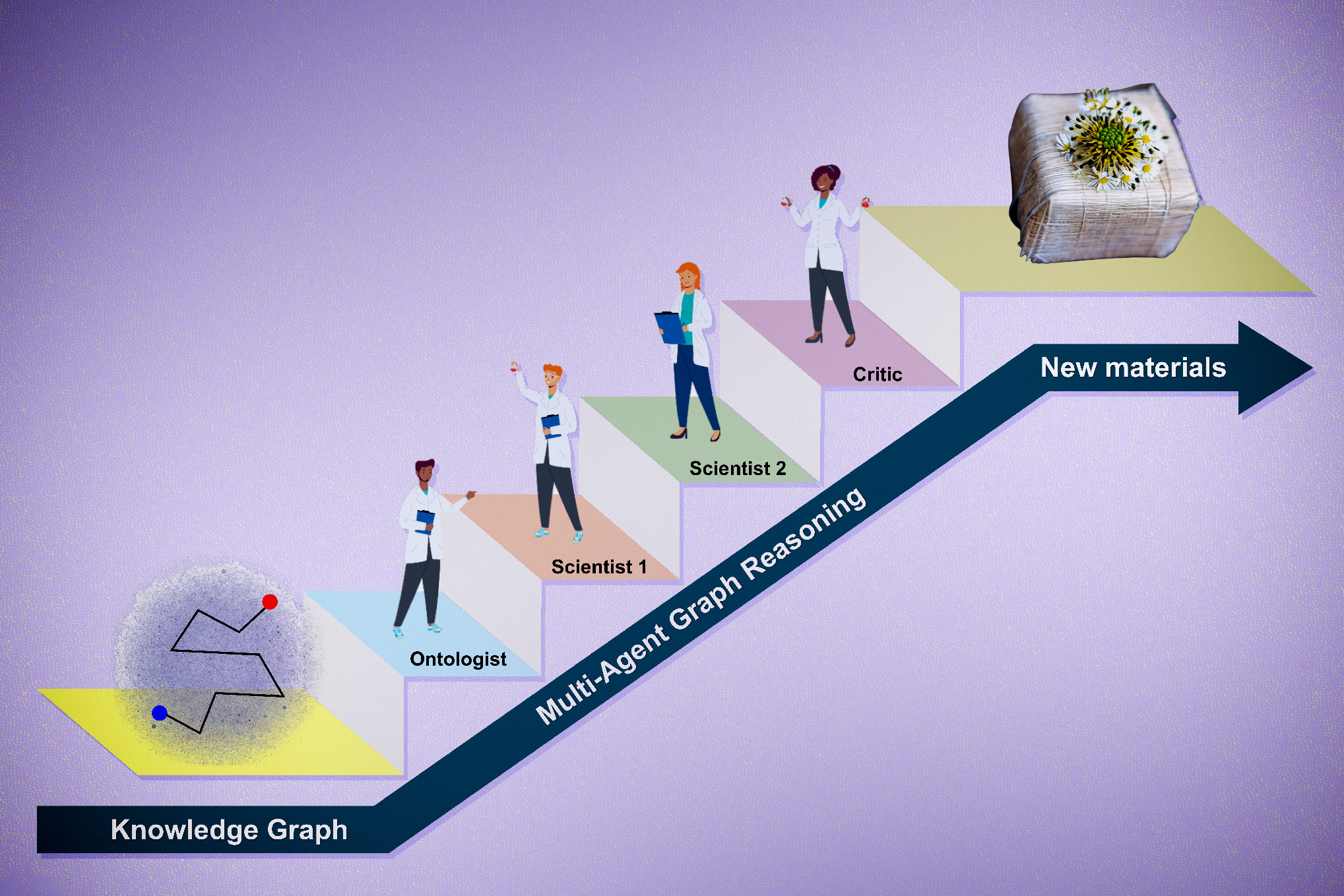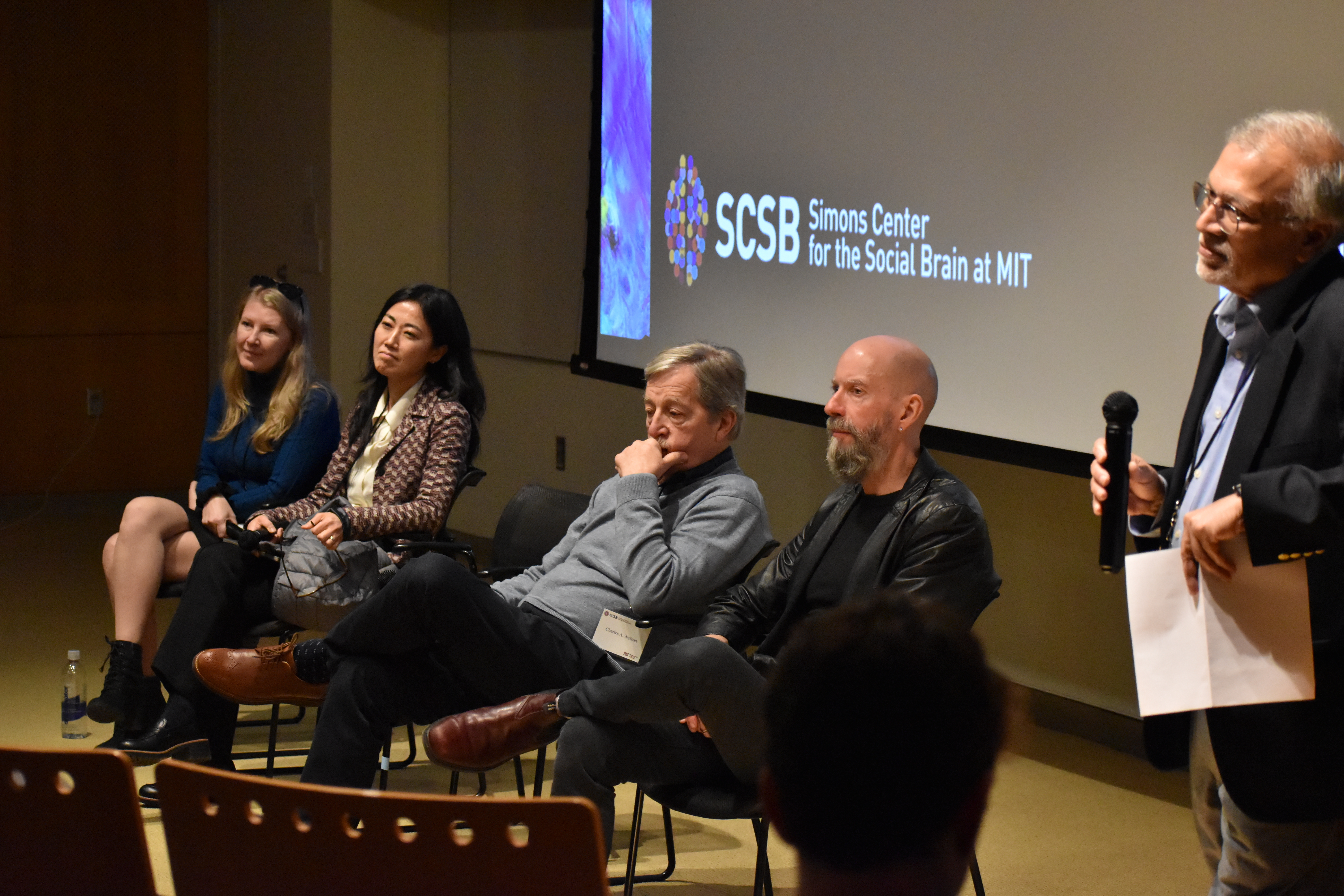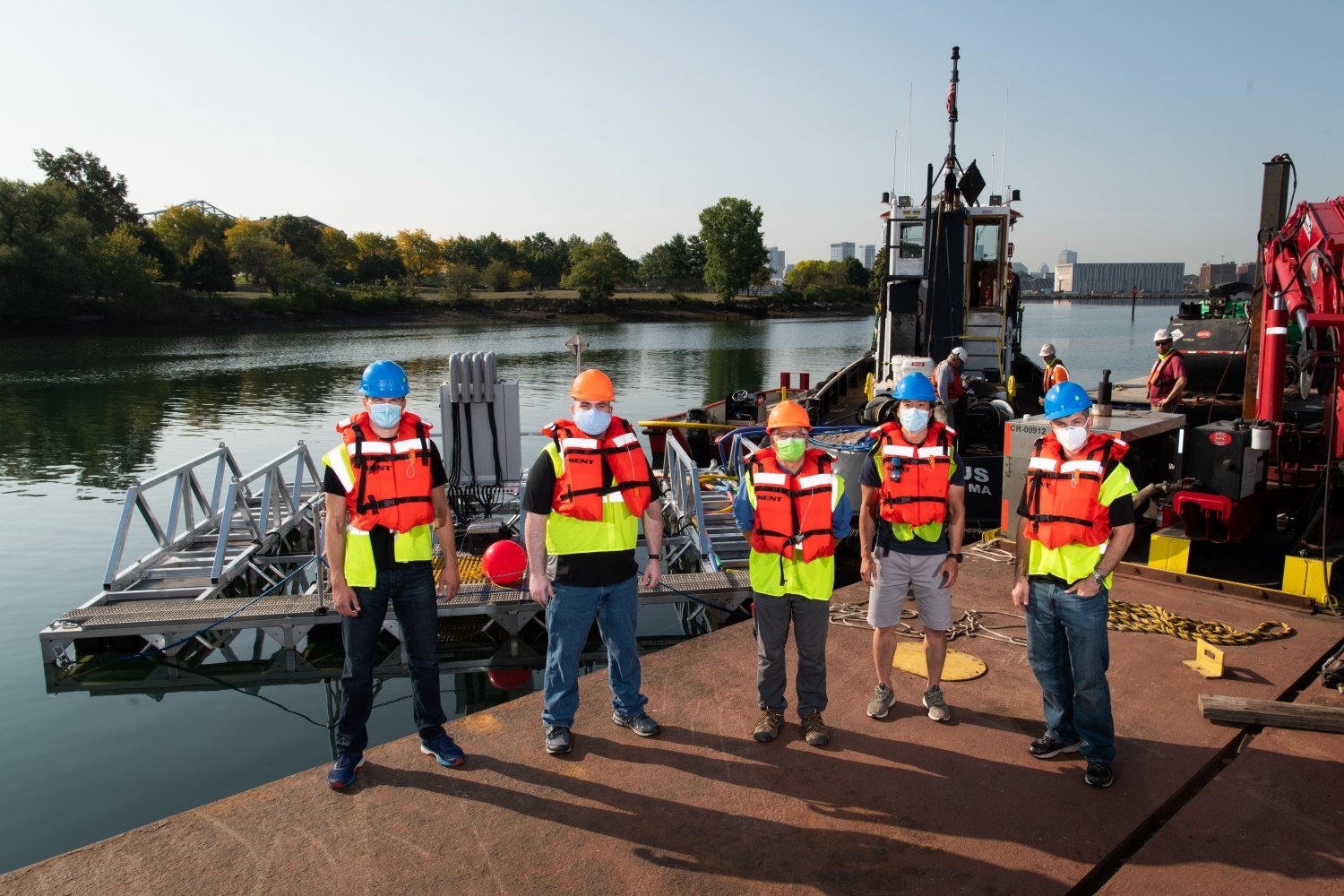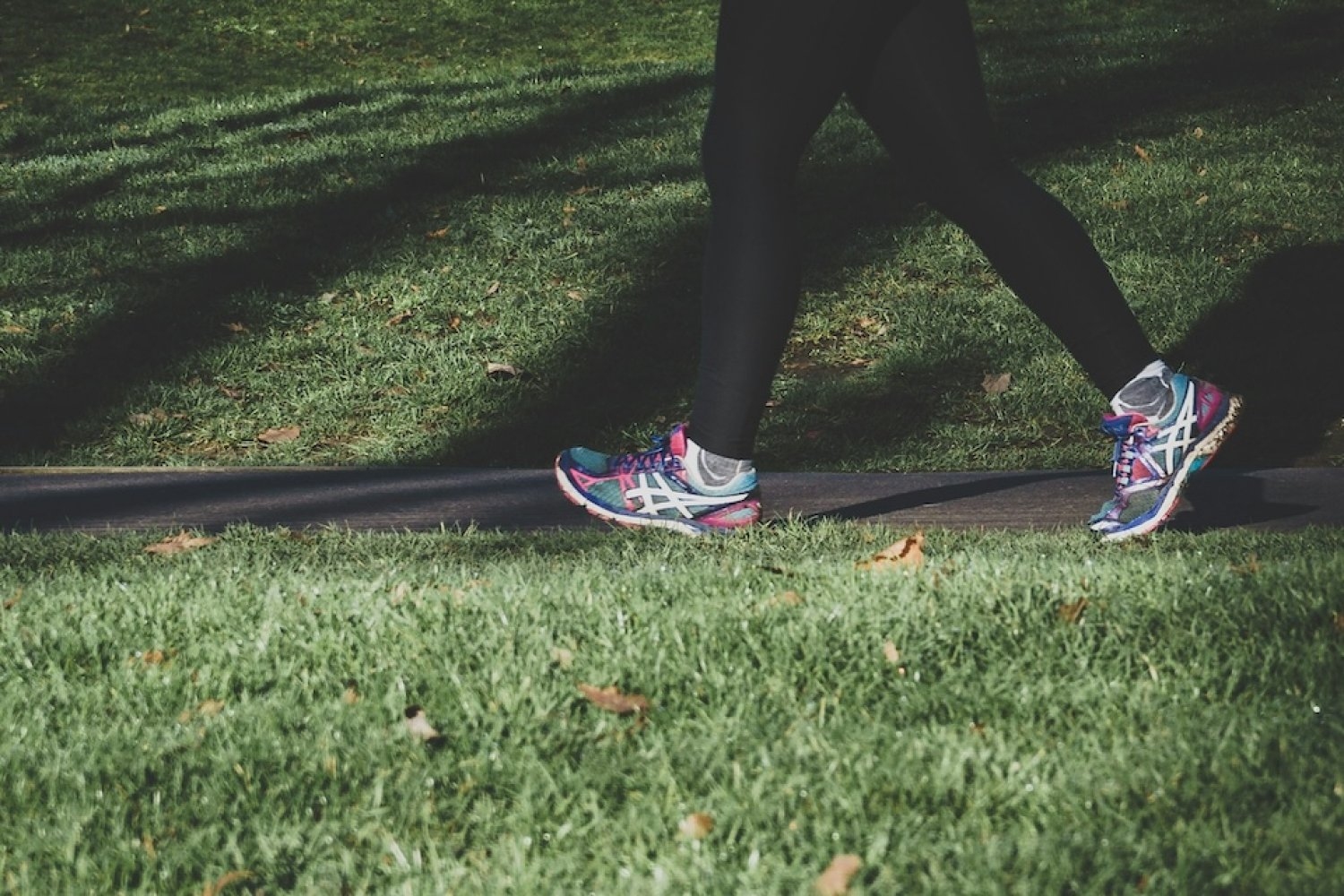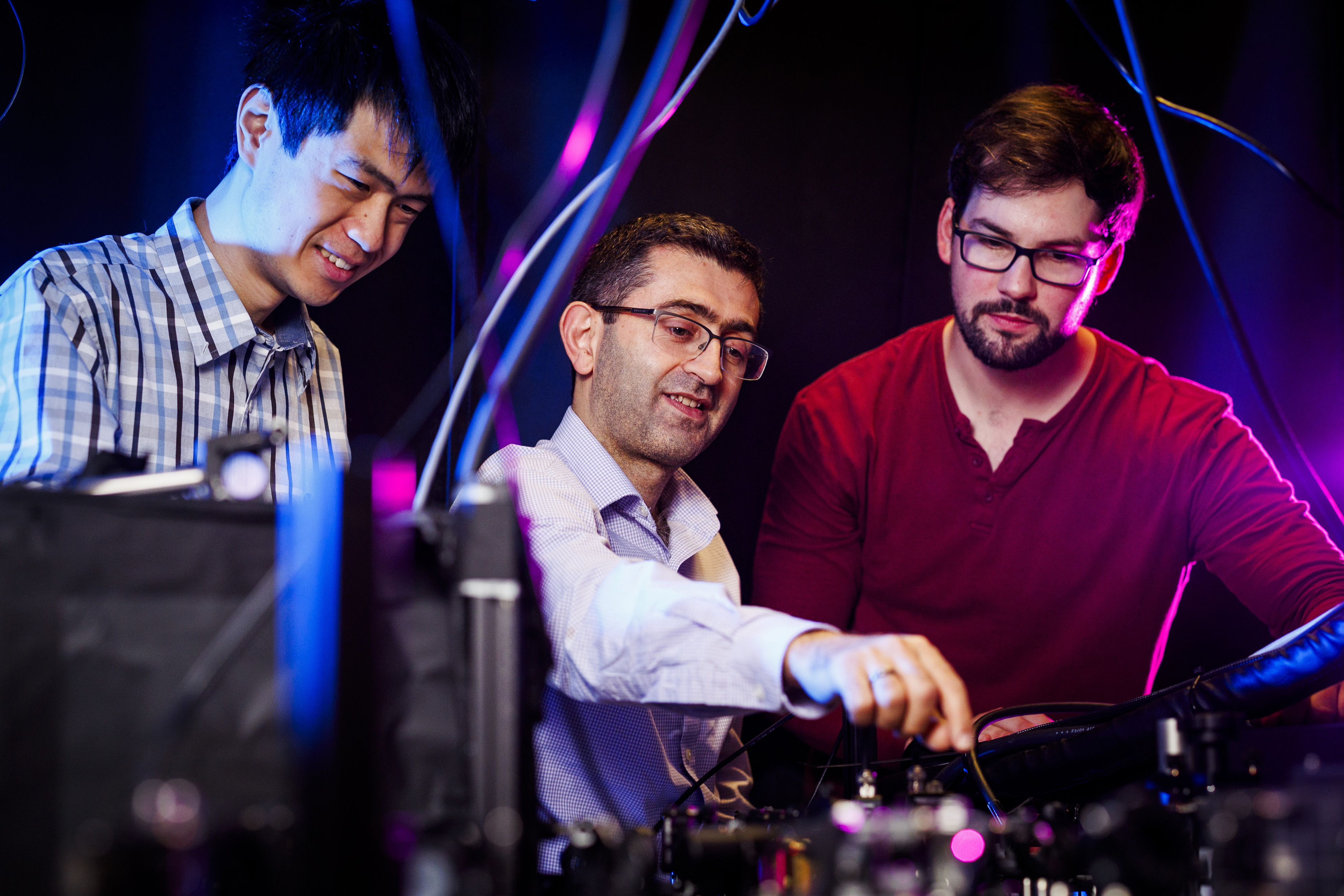Ecologists find computer vision models’ blind spots in retrieving wildlife images
Biodiversity researchers tested vision systems on how well they could retrieve relevant nature images. More advanced models performed well on simple queries but struggled with more research-specific prompts.
Alex Shipps | MIT CSAIL •
mit
Dec. 20, 2024 • ~9 min
Dec. 20, 2024 • ~9 min
New autism research projects represent a broad range of approaches to achieving a shared goal
At a symposium of the Simons Center for the Social Brain, six speakers described a diversity of recently launched studies aimed at improving understanding of the autistic brain.
David Orenstein | The Picower Institute for Learning and Memory •
mit
Dec. 18, 2024 • ~8 min
Dec. 18, 2024 • ~8 min
/
639



